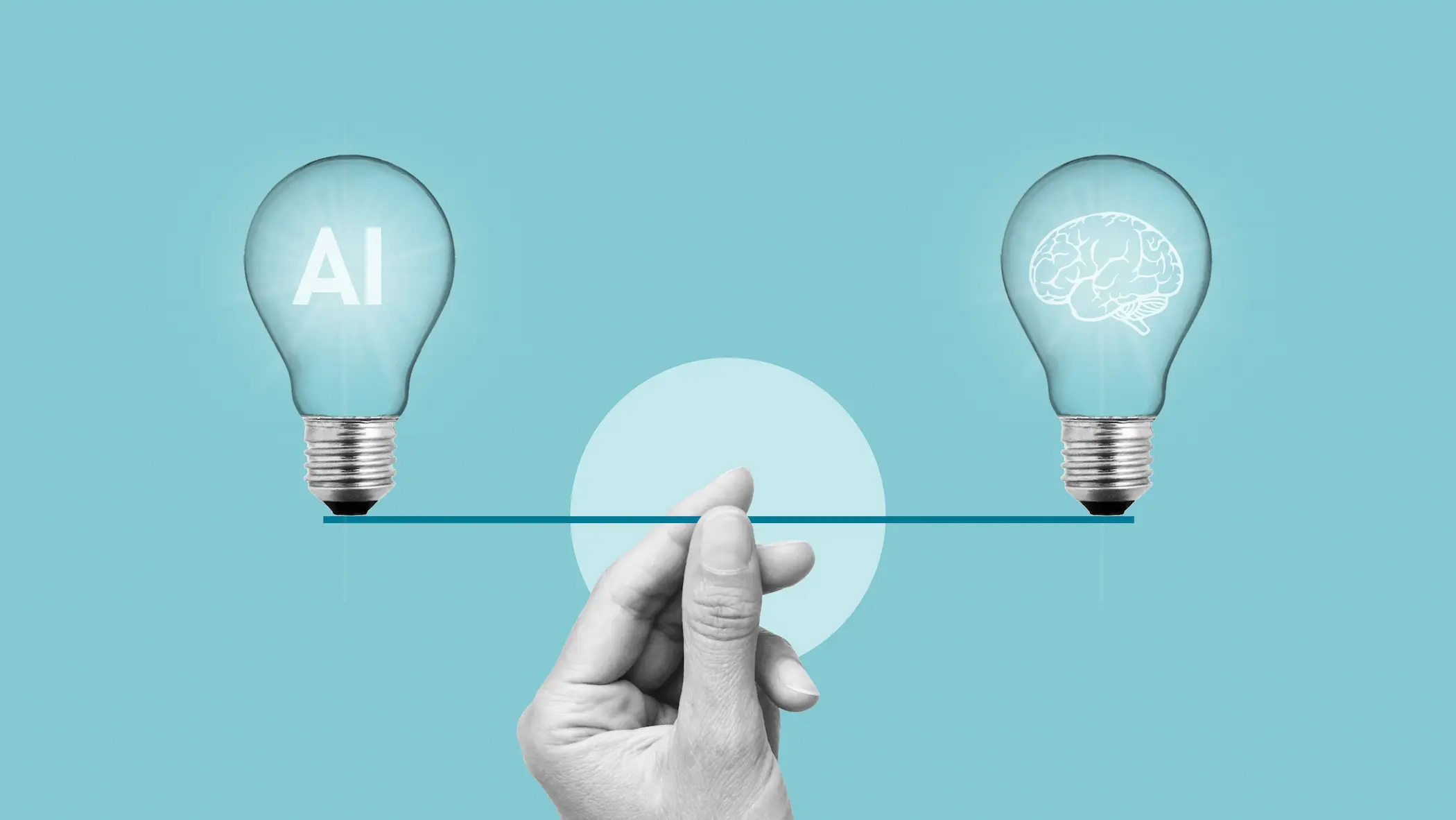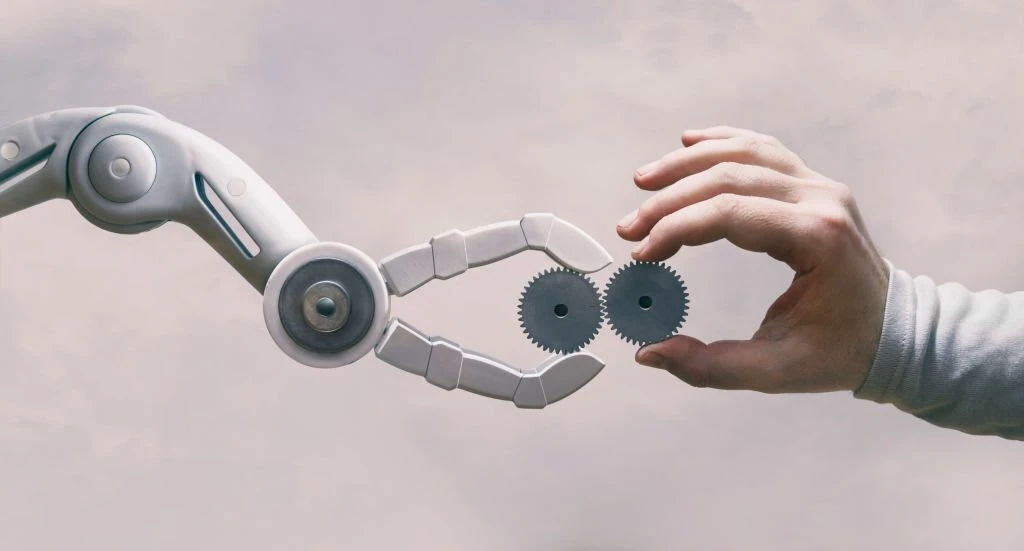24 Aug 2025
How AI Will Reshape, Not Ruin, Stability
As enthusiasm for Artificial Intelligence (AI) grows each day, so too does anxiety about its potential impact on jobs and overall societal stability. Several studies highlight the possibility that full automation could disrupt economic and political systems. While these concerns are valid and should not be dismissed, it is important to remember that, like any other transformative technology, AI can be both celebrated for its potential and feared for its risks.
A stable society cannot function without a labour force; removing it entirely would violate basic economic principles such as supply and demand, while also undermining political stability, which depends on the resilience of the middle class. These structural realities suggest that, rather than erasing human work altogether, AI will likely be both automatically and deliberately integrated in ways that preserve social and economic balance. From this perspective, the future shaped by AI is not as dire as some anticipate.
2 Apr 2023
Restoring Balance: Impacts of Automation on UAE Labour Force
According to the McKinsey Global Institute report between 400 million and 800 million people worldwide could be displaced by automation and need to find new occupations by 2030, with 75 million to 375 million of those affected need to move to another new jobs and learn new skills.
Over the last two decades, there has been a surge in interest in automation and digital technologies, as well as their implications for our societies. Several writers have calculated experimentally the impact of automation technologies on employment and people by examining technology adoption at the business or industry level in previous years and related this to labour market outcomes, but their conclusions have been mixed. Some studies find that automation technologies positively impact employment, while others show that they have a negative impact.
Our study examined the impact of automation on UAE in terms of demographics, employment and economic sectors by implementing several scenarios of automation. These scenarios revealed that, in most cases, automation will positively impact UAE in terms of some macroeconomic indicators, and will lead to its economic growth and stability. Finally, we provided some recommendations that will enhance and facilitate the transition to automation in the UAE.

